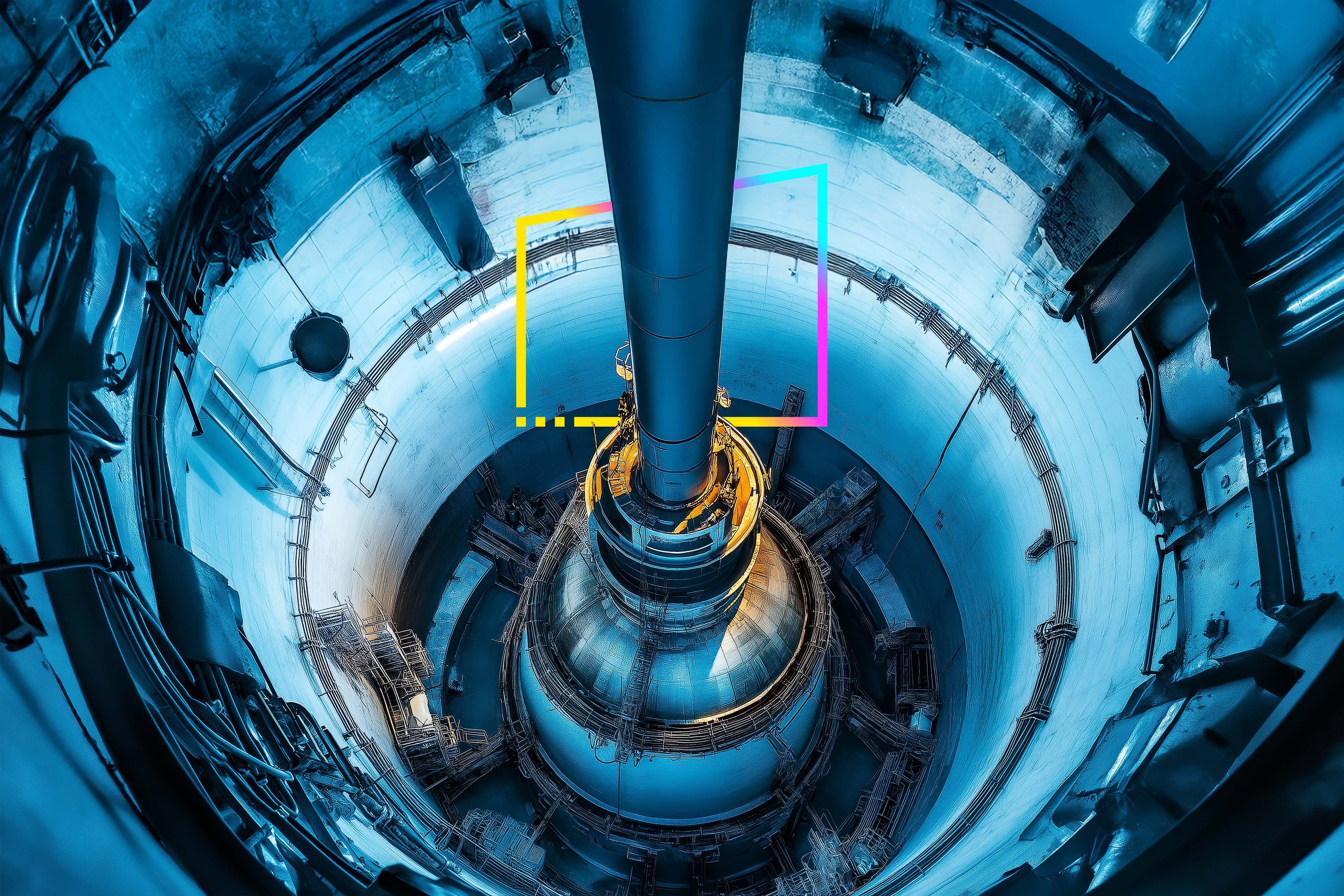EY refers to the global organization, and may refer to one or more, of the member firms of Ernst & Young Global Limited, each of which is a separate legal entity. Ernst & Young Global Limited, a UK company limited by guarantee, does not provide services to clients.
Bangalore Tribunal holds reimbursement of salary costs of seconded employees not taxable as fees for technical services
Goldman Sachs Services Pvt. Ltd.[1] (Taxpayer, an Indian company), a subsidiary of Goldman Sachs (Mauritius) LLC (overseas entity), is engaged in providing back-end information technology enabled services and software development support services to the Goldman Sachs group entities.
In the facts of the case, certain employees were seconded by the overseas entity to the Taxpayer on secondment. Further, as agreed, part of employees’ salary is paid by the Taxpayer and part of it by the overseas entity, which is then reimbursed at actual cost by the Taxpayer to the overseas entity. The reimbursements made are recorded as salary and payroll costs in the books of the Taxpayer. The Taxpayer deducted and paid appropriate salary, withholding taxes under section (u/s.) 192 of the Income Tax Act (ITA) in respect of salary income of the seconded employees (including salary paid by overseas entity and reimbursed by Taxpayer).
The tax authority held that there was no employer-employee relationship between the expatriate employees and the Taxpayer as the legal or real employer of such employees was the overseas entity and not the Taxpayer. It further held that the overseas entity has rendered technical, managerial and consultancy services through its employees to the Taxpayer and, accordingly, concluded that the reimbursement of salary and other related costs made to the overseas entity would be covered under the definition of fees for technical services/fees for included services (FTS/FIS) as per the provisions of S. 9(1)(vii) of the ITA and also as per the provisions of the double taxation avoidance agreement (DTAA) between India and Mauritius. Thus, the tax authority treated the Taxpayer as ‘assessee in default’ for non-deduction of tax deducted at source (TDS) u/s. 195 under the ITA.
Tribunal held that the reimbursement made by the Taxpayer to overseas entity towards the salary of seconded employees cannot be regarded as FTS and there is no withholding obligation u/s. 195 of ITA on the Taxpayer. In this regard, Tribunal made the following observations:
- Tribunal analyzed the terms and conditions of the ‘India Recharge and Cost Allocation’ agreement towards secondment of employees from overseas entity to the Taxpayer in India and observed that (i) the Taxpayer entered into independent contracts with each of the seconded employees and (ii) such employees worked under the control and supervision of the Taxpayer and (iii) such employees were exclusively working for the Taxpayer in India. Overseas entity continues to be the de jure (legal) employer, while the Taxpayer in India, to which the employee is sent on deputation, is the de facto (economic) employer.
- The entire amount of the salary paid to seconded employees was subjected to TDS u/s. 192 of ITA under the head salary and the payment made to the overseas entity was a cost-to-cost reimbursement of the salary cost. There was no element of income involved. Thus, there would be no obligation to deduct TDS at the time of making payment u/s.195. Reliance was placed on the rulings of Karnataka High Court (HC) in the case of Abbey Business Services India (P.) Ltd[2] and Delhi HC in the case of DIT v. HCL Infosystems Ltd[3] .
- Article 12 of India-US DTAA on FIS specifically excludes payments made towards services rendered by an ‘employee’ of the enterprise since services rendered under employment are covered by Article 16 on Dependent Personal Services.
- The Tribunal placed reliance upon the Authority for advance rulings (AAR) ruling in the case of Cholamandalam MS General Insurance Co[4] , wherein it was held that merely supplying technical, managerial or personnel with managerial skills cannot be regarded as rendering technical services by the person supplying such personnel.
- Even if the rendering of service by the seconded personnel constitutes a contract for service, in the absence of making available any technical knowledge or skill to the Indian entity, the same shall not constitute FTS as per Article 12(4)(b) of the India-US DTAA. Reliance was placed on Karnataka HC ruling in case of De Beers India Minerals Pvt. Ltd[5] .


